With the Multi Jet burner, Benninghoven offers a pioneering solution for asphalt mixing plants that combines efficiency, flexibility and climate responsibility. The burner is used in the drying process - one of the most energy and emission-intensive steps in the production of asphalt mixes. Thanks to its ability to use different fuels, including green hydrogen, the system enables a significant reduction in CO₂ emissions - without compromising on performance and production reliability.
Road construction generates emissions along the entire process chain - from material extraction to compaction on the construction site. However, if we look at the energy input, a clear picture emerges: the drying process in the asphalt mixing plant alone causes around 41 percent of total CO₂ emissions in road construction. This phase is therefore the most effective starting point for a direct reduction in environmental impact. This is precisely where Benninghoven's Multi Jet burner comes in - with a highly efficient, adaptable system that enables an immediate reduction in this proportion of emissions.
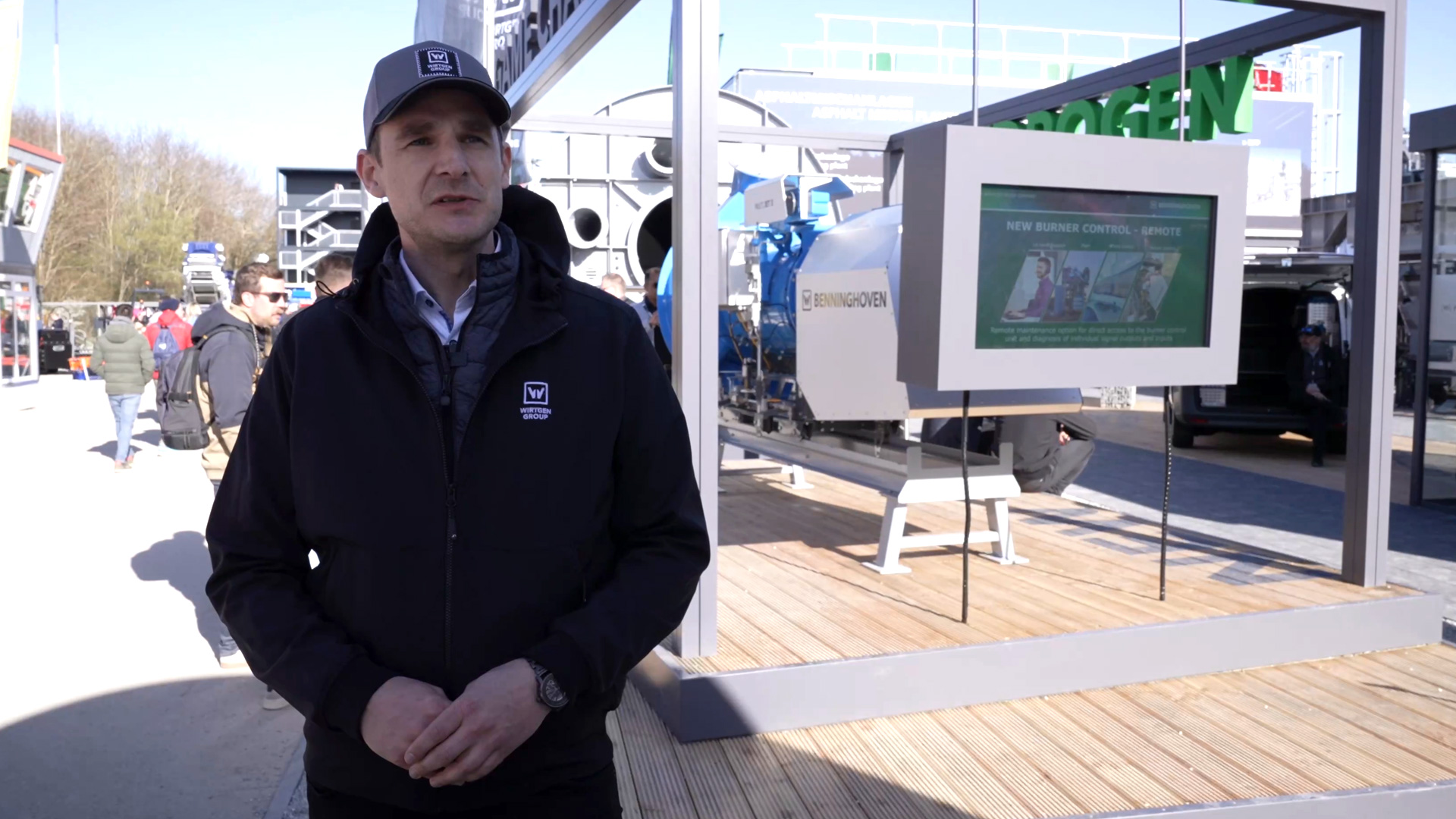
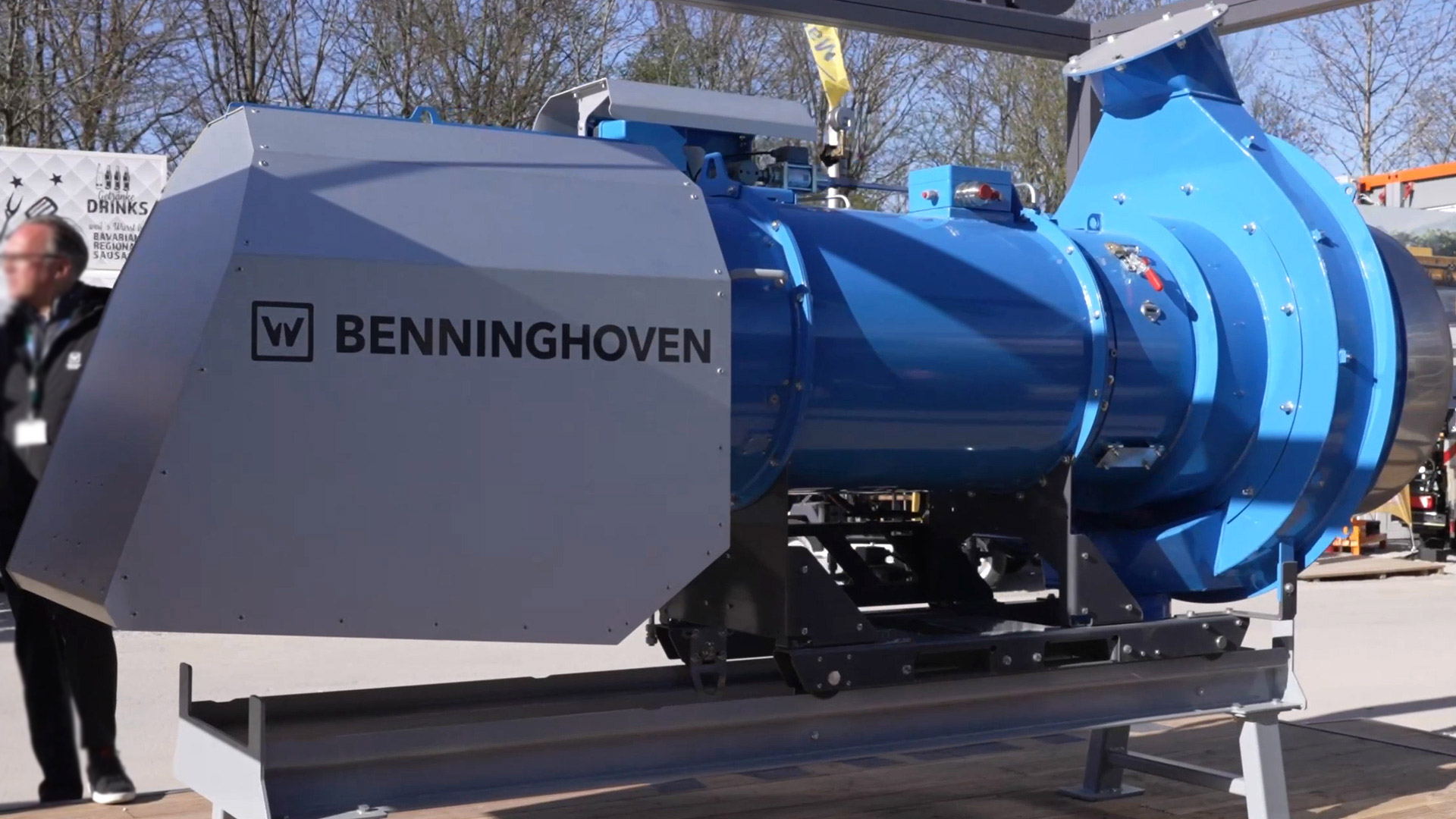
Despite its compact design, the Multi Jet delivers a thermal output of 20 megawatts - enough to process up to 240 tons of asphalt per hour. Converted, this corresponds to a hydrogen throughput of around 6,800 cubic meters per hour. In operation with heating oil, around 1,600 liters per hour would be required - an impressive comparison that underlines the industrial dimension of the system. This performance is crucial for maintaining a continuous and reliable material flow on large construction sites.
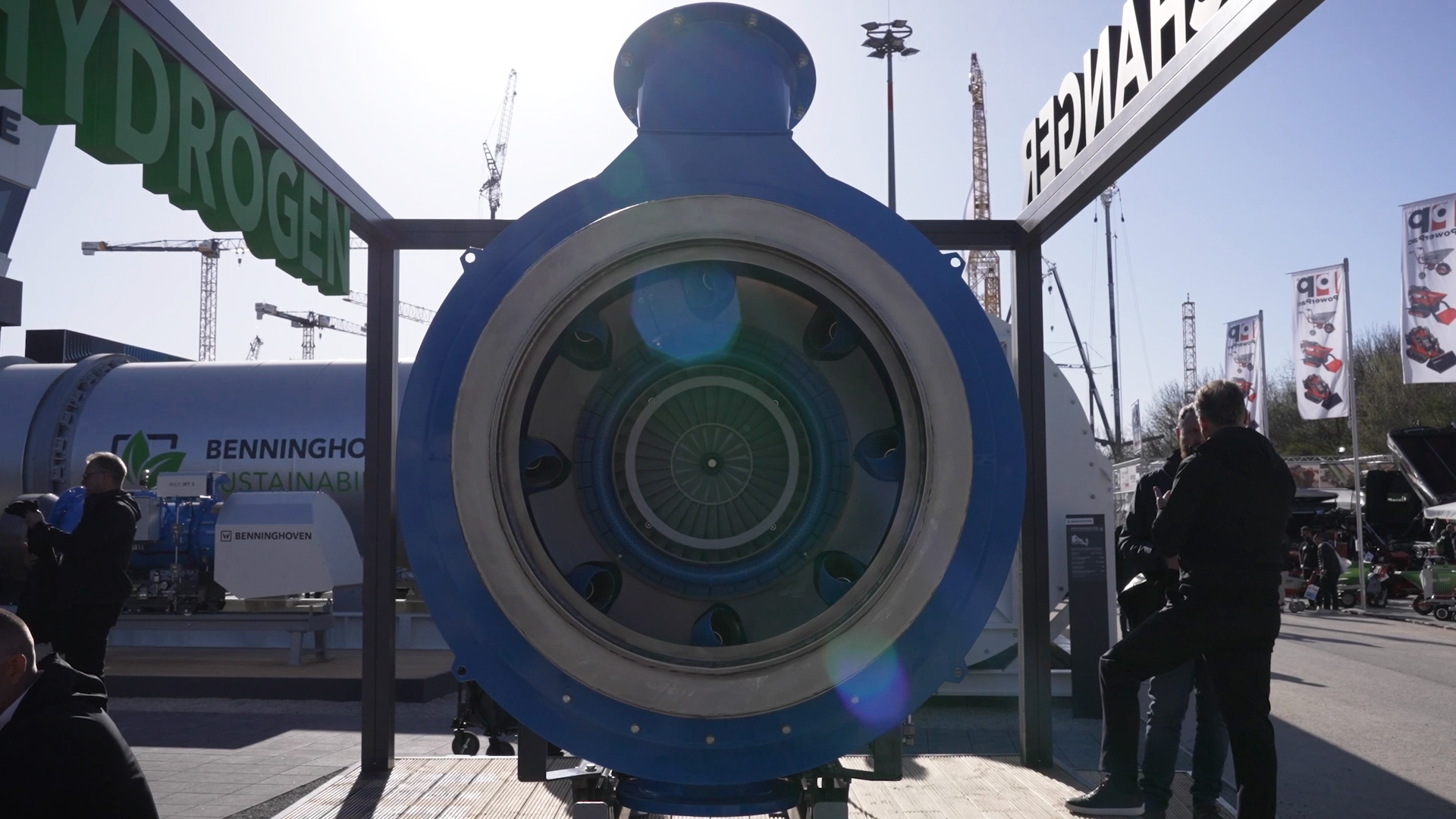
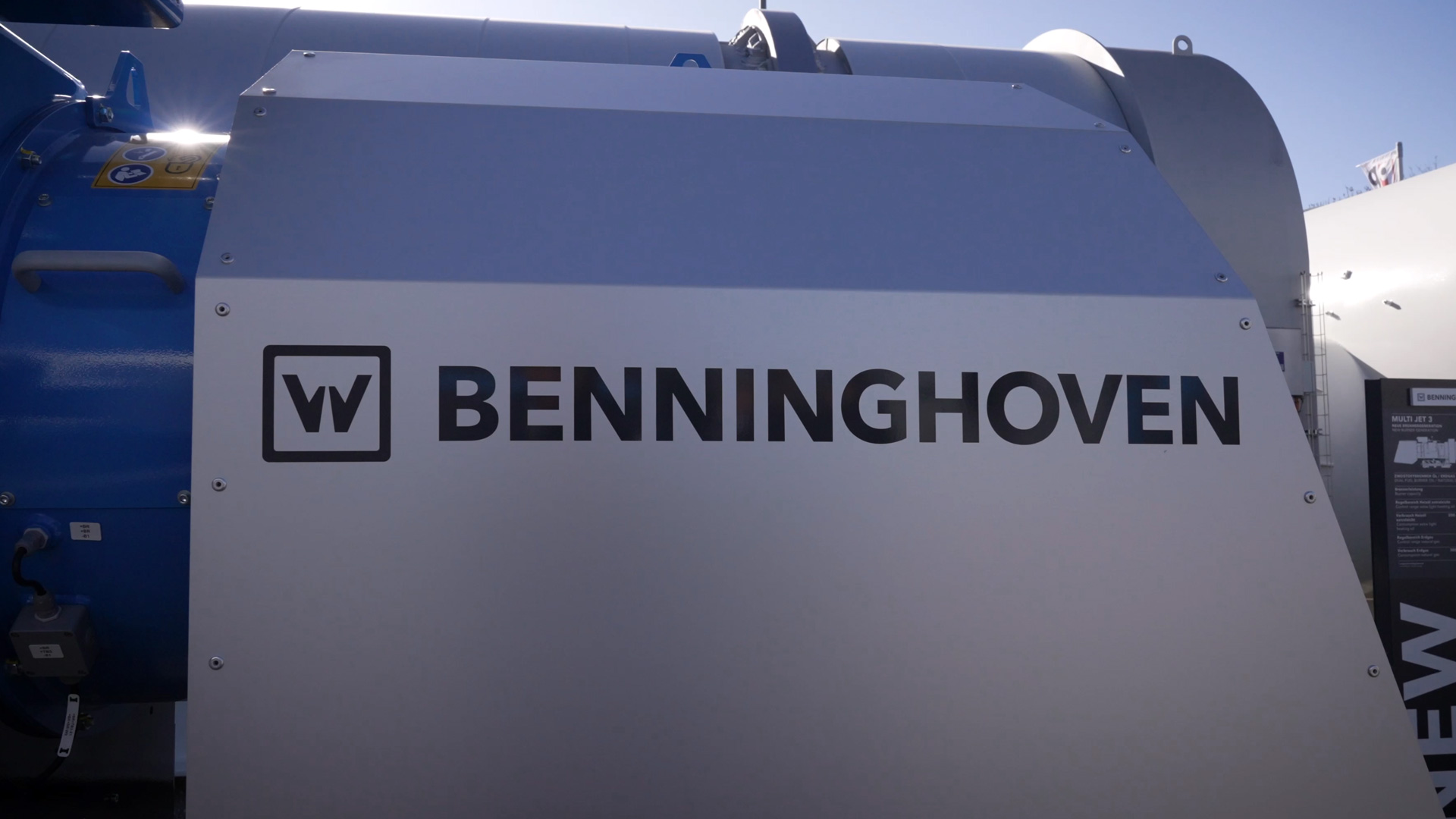
An outstanding feature of the Benninghoven Multi Jet burner is its high adaptability to different fuels. Operators can react flexibly to changing market conditions, price developments or political framework conditions - whether fossil, synthetic or regenerative energy sources. The system allows conversion to lower-emission options at any time, right up to 100% operation with green hydrogen. This flexibility not only provides operators with security of supply, but also long-term investment security with regard to increasing climate protection requirements.
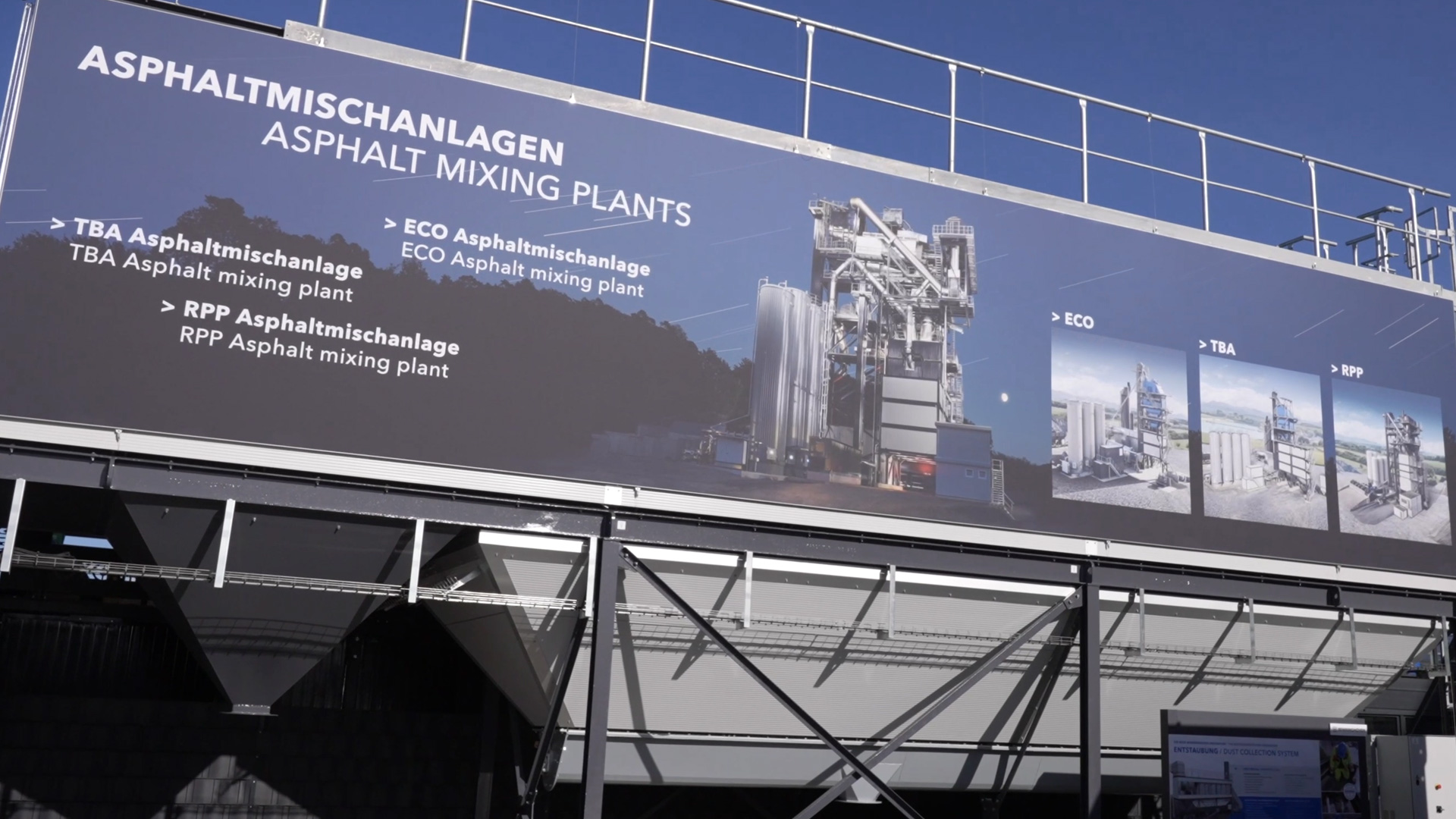
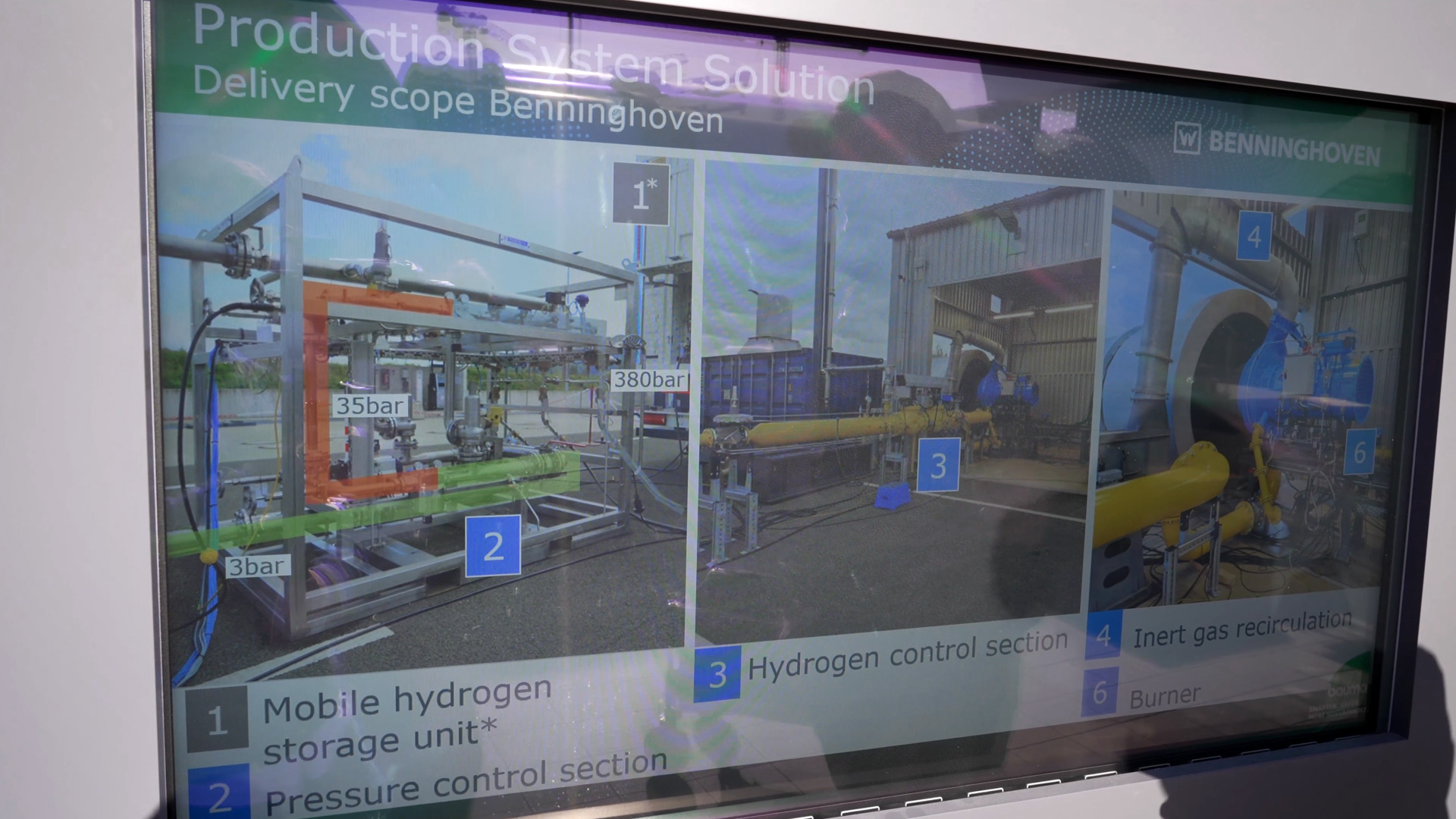
The hydrogen control system from Benninghoven integrated into the system deserves special attention. The hydrogen is stored under high pressure (380 bar) and must be precisely reduced to 0.3 bar for the combustion process. This pressure reduction on this scale is unique in the world and places high demands on technology and safety. The controlled system developed by Benninghoven is designed for fast, safe and continuous pressure reduction - a decisive factor for stable operation in industrial asphalt mixing plants. This system is an integral part of the overall concept and is optimally coordinated with the burner.
The technology is not just under development or in test operation - it is already being used under real conditions. In Norway, asphalt producers are currently operating three Benninghoven Multi Jet systems that run entirely on green hydrogen. The plants are in daily use there and produce low-emission asphalt on an industrial scale. This practical application shows that the system is not only technologically mature, but also economically and ecologically viable.